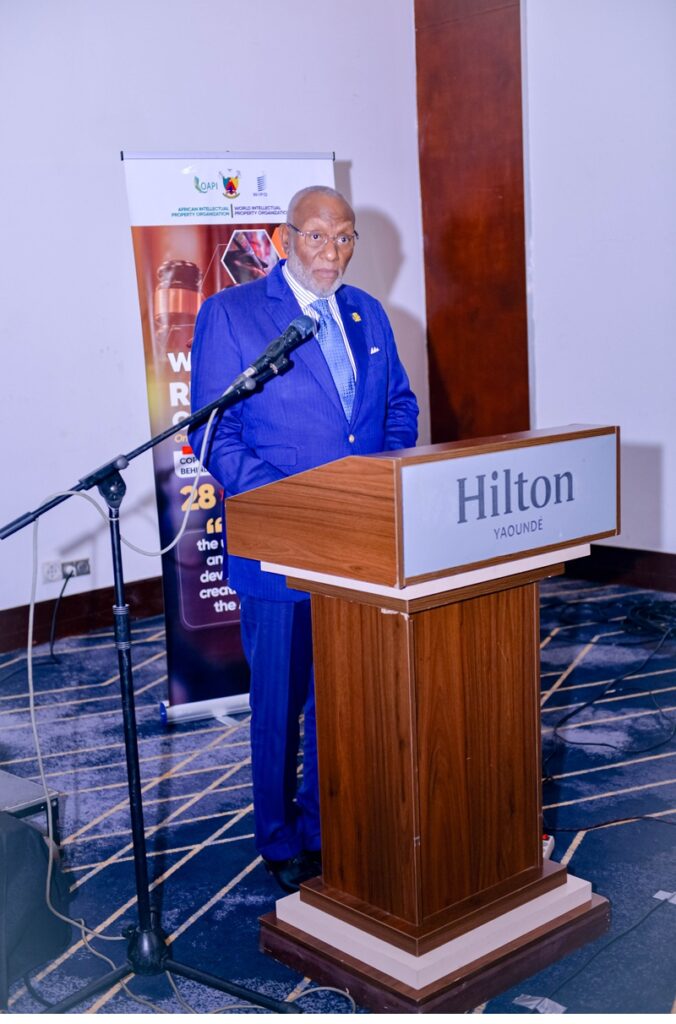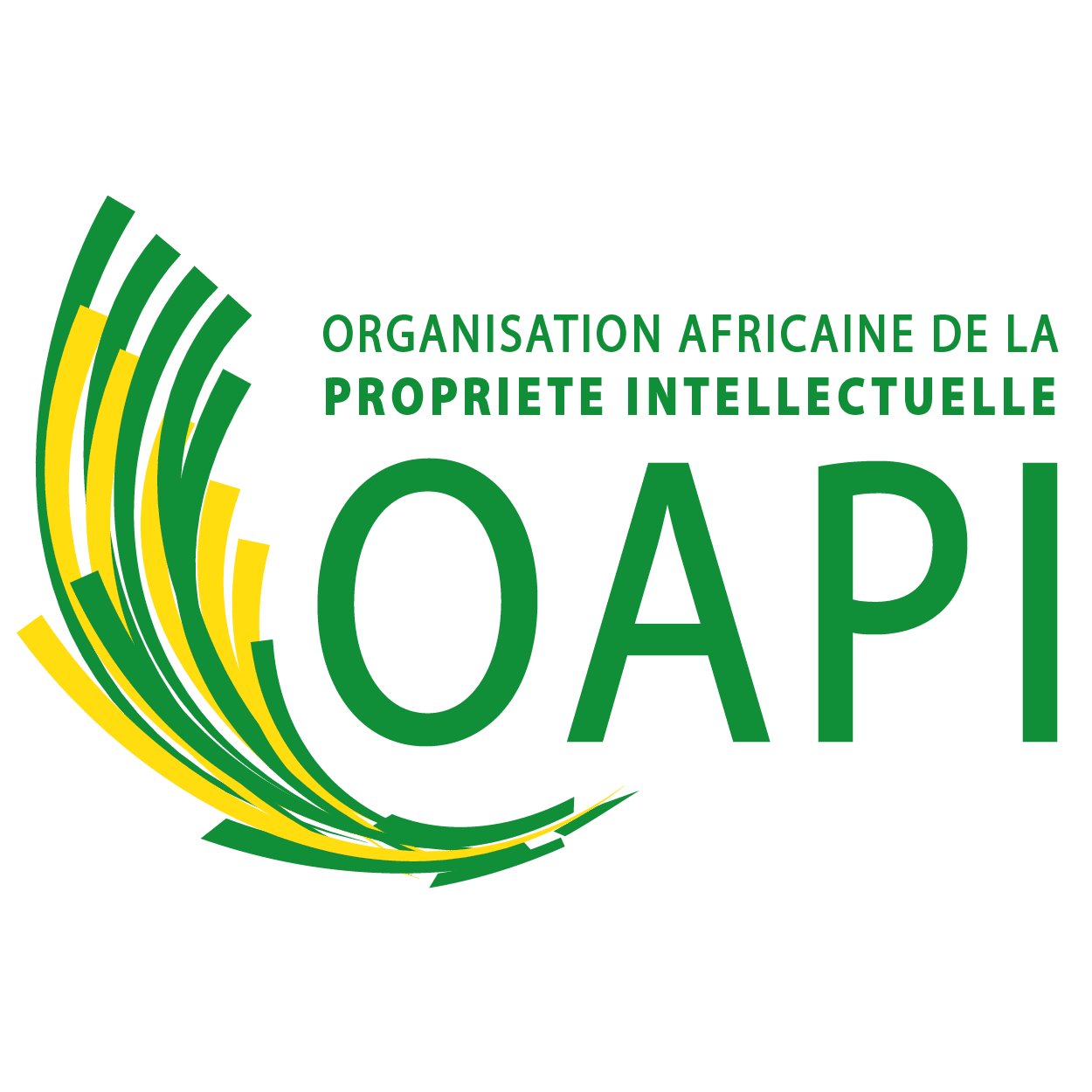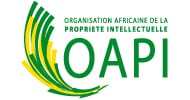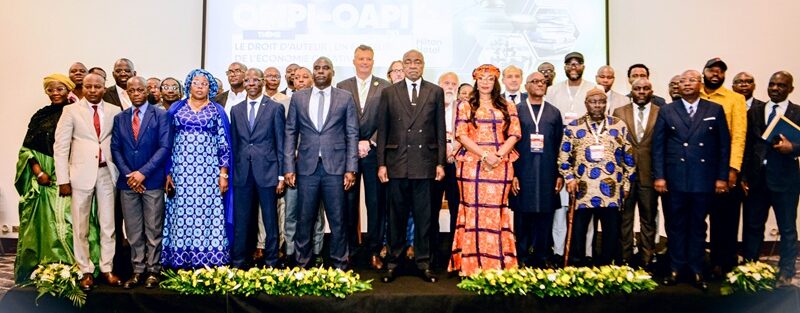On July 28 and 29, 2025, Yaoundé hosted the joint regional conference of the World Intellectual Property Organization (WIPO) and the African Intellectual Property Organization (OAPI), organized in collaboration with the Cameroonian government. This major event focused on creativity and the development of the creative economy. The meeting brought together ministers, representatives of cultural administrations, directors general of collective management organizations, and experts in copyright law and the cultural industry.
A strong political commitment to the future
At the opening of the conference, the Cameroonian Minister of Arts and Culture, Ismaël Bidoung MKPATT, emphasized that better recognition of creative works would positively impact national economies. He stated that copyright is a significant source of income for creators and their publishing houses, as well as an economic driver for society. Often reduced to its simplest expression, copyright is more than just a matter of respecting creators. Copyright finances the creative process and fosters innovation. This is why, aware of the challenges to its development in Cameroon, the government aims to develop a national policy to overcome the obstacles hindering the full development of this sector.
The Director of the Africa Division at WIPO, Loretta Asiedu, stressed that: "cultural and creative industries generate more than $2.25 trillion in revenue annually and employ more than 30 million people worldwide.".
An immense potential that African countries can exploit to build inclusive and sustainable growth through the judicious use of copyright.
The Director General of OAPI, Denis BOHOUSSOU, reaffirmed the Organization's ambition within the framework of these meetings, namely: "To formulate concrete proposals and effective actions aimed at optimizing the exploitation of copyright to truly boost the development of the creative economy in our countries.".
Also present at these proceedings, and presiding over the closing ceremony, were the Minister of Industrial Development and Private Sector Promotion of Congo, Antoine Thomas Nycephore Fylla de Saint-Eudes, Chairman of the Board of Directors of OAPI, and the Minister of Cultural, Tourist, Artistic and Leisure Industry of Congo, Lydie Pongault, who reiterated their commitment to supporting the implementation in their member states of the action plan to support the development of the creative economy which will result from the work of these meetings.
Dynamic panels, enriching themes and constructive exchanges
During these two intense days, experts from diverse backgrounds and participants from OAPI member states took part in five high-level panels that provided an overview of the copyright, collective management, and creative works situation in the fields of music, film, and publishing. It became clear that many creative works have not yet fully realized their commercial potential. These panels highlighted growth opportunities in each of these areas and identified obstacles that need to be addressed to improve their commercial value.
Concrete ideas for effective strategies
The work resulted in the formulation of strategies aimed at:
- Promoting the collective management of copyright,
- To encourage the paid use of cultural works,
- Optimizing digital infrastructure for better access to global markets,
- Stimulate the development of local solutions adapted to African realities;
- Improve collaboration between actors in the cultural industry system.
Synergy among stakeholders for better prospects.
The Yaoundé meetings concluded with the ambition of formulating a plan of concrete regional and national actions that will truly contribute to the development of the creative economy in OAPI member states. It was a constructive and engaged dialogue between creators, cultural administrators, international experts, and policymakers from OAPI member states. It was also the result of dynamic cooperation between WIPO and OAPI and the remarkable preparation of the teams from these institutions.
























